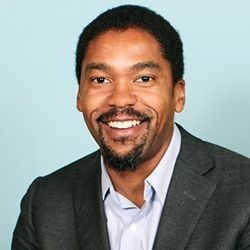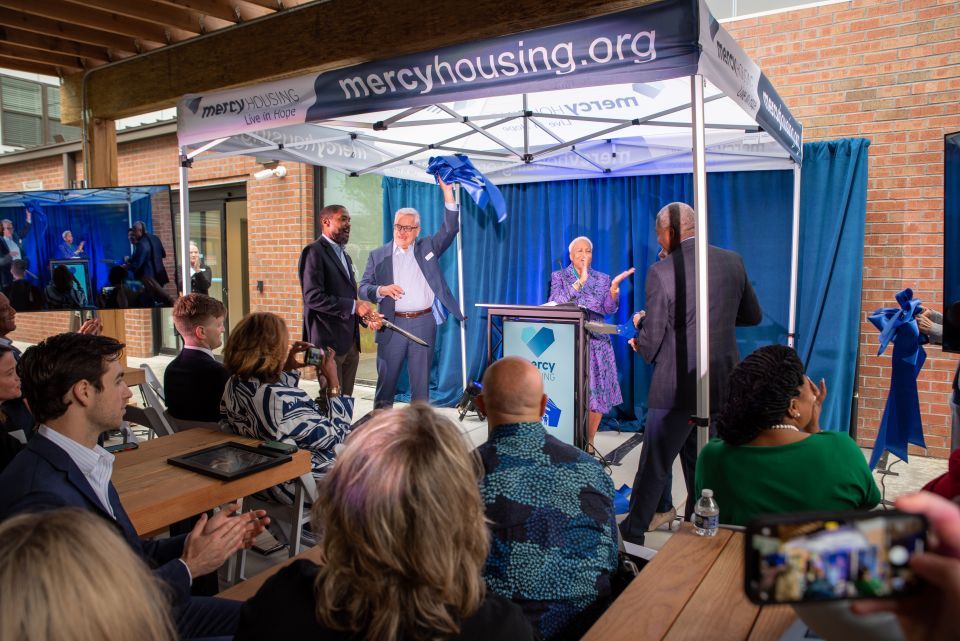Mercy Housing is redefining affordable, low-income housing. A national nonprofit working to build a more humane world where communities are healthy and all people can develop their full potential, Mercy Housing participates in the development, preservation, management, and financing of affordable, program-enriched housing across the country.
Enterprise spoke with James Alexander, Regional President at Mercy Housing Southeast to learn more about their work.

Could you tell us about the work that you do at Mercy Housing Southeast?
James Alexander: Mercy Housing develops, manages, and provides wrap-around services to families, seniors, veterans and other who lack the economic resources to afford quality, safe housing.
How are HUD Section 4 Capacity Building grants used at your organization? What do you hope to accomplish with this funding?
JA: Capacity building grants have been focused on scaling affordable housing development – both new production and preservation. Support has contributed to the resources and patience needed to pursue the right kinds of opportunities. Since 2022, we have either completed or have the core financial commitments to complete over 700 affordable units in nine developments across in Atlanta, Savannah, and Greenville.
What do you enjoy most about working at Mercy Housing Southeast?
JA: We create high quality affordable housing, but we’re not just developers. The apartment homes we build are only the first step. We are all committed to people - the residents - at the end of the day and enabling their success. To that end, we provide wrap-around services at most Mercy Housing properties across the region.
How have the last 2-3 years challenged you at Mercy Housing Southeast? What has been the hardest part of the experience for you at Mercy Housing Southeast?
JA: As property developers, we’ve seen increased difficulties in interest rates, construction costs, insurance costs, material delays, and permitting timelines. Everything costs more and takes longer.
In terms of how we serve residents, we’re very concerned about the increased need for behavioral health services. We are also still seeing signs that students are still trying to overcome learning loss caused by the pandemic.
What have you learned in this unique and challenging time? Will you make any permanent changes going forward?
JA: We learned that a resident’s ability to remain stably housed is more fragile than we understood – job losses, illness and medical expense, children in remote learning, food insecurity – any number of elements can push a household into crisis.
What do you think will change about affordable housing over the next 5 years? How are you excited about Mercy Housing Southeast impacting that change?
JA: Affordable housing is now an issue that everyone is discussing, from kitchen tables to cabinet rooms, as a key crisis of our generation. So, the affordable housing movement will need a bigger tent, including those who have not been as actively involved, including neighborhood advocates, health systems, large employers, market rate developers, etc.

What else should people know about Mercy Housing Southeast?
JA: The organization was founded by Sisters of Mercy as a commitment to housing justice for low-income people. That commitment lives on today, in our values, in our dedication to service-enriched housing, and in our contributions to the broader affordable movement.
What makes Mercy Housing Southeast unique as an organization in the affordable housing arena?
JA: Something that sets Mercy Housing apart is our deeper engagement with residents that builds trust and helps residents unlock their ability advocate for themselves. This trust creates an entry point for specific programming, as desired by residents: e.g. health navigation, food supports, after school programming, and economic mobility.